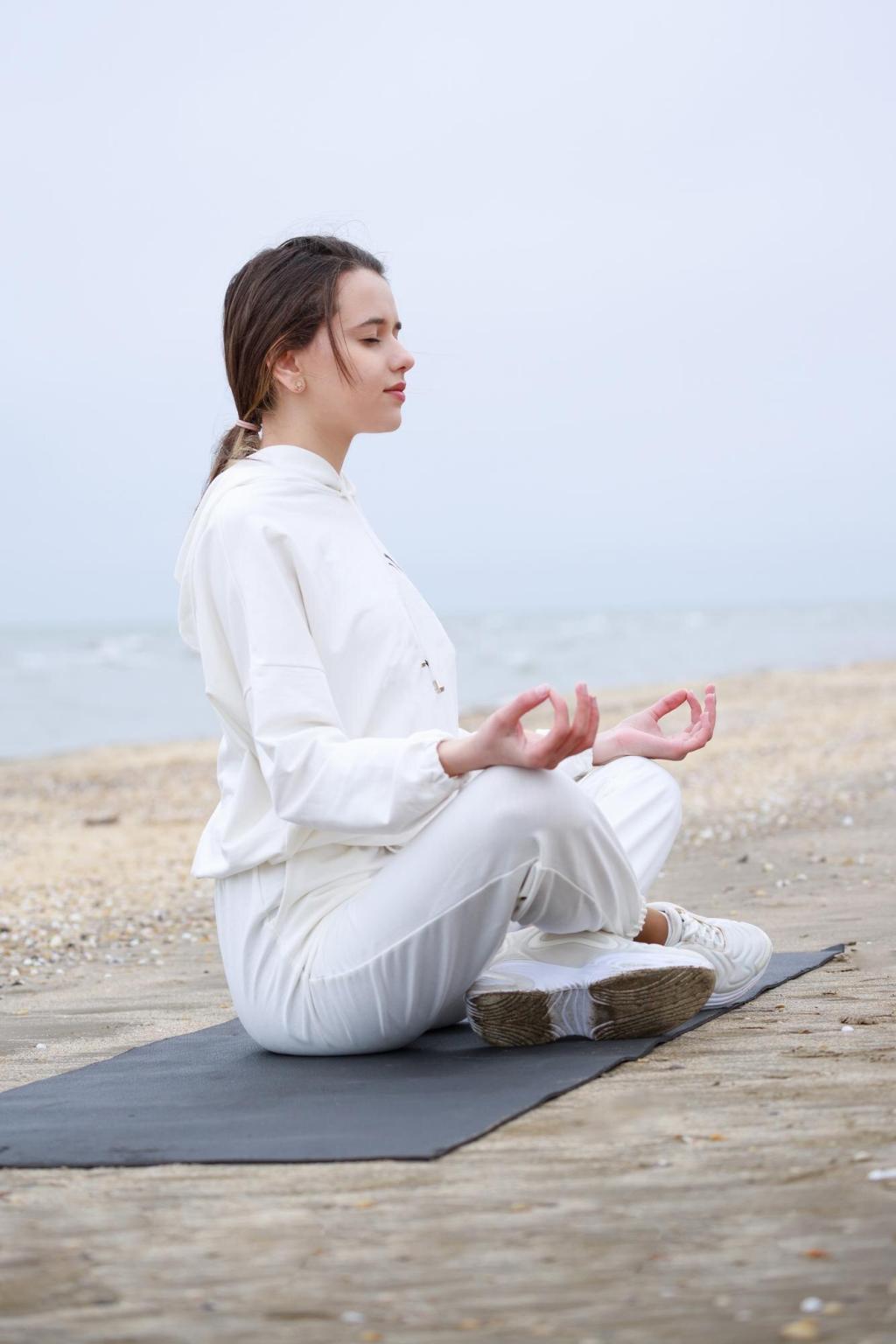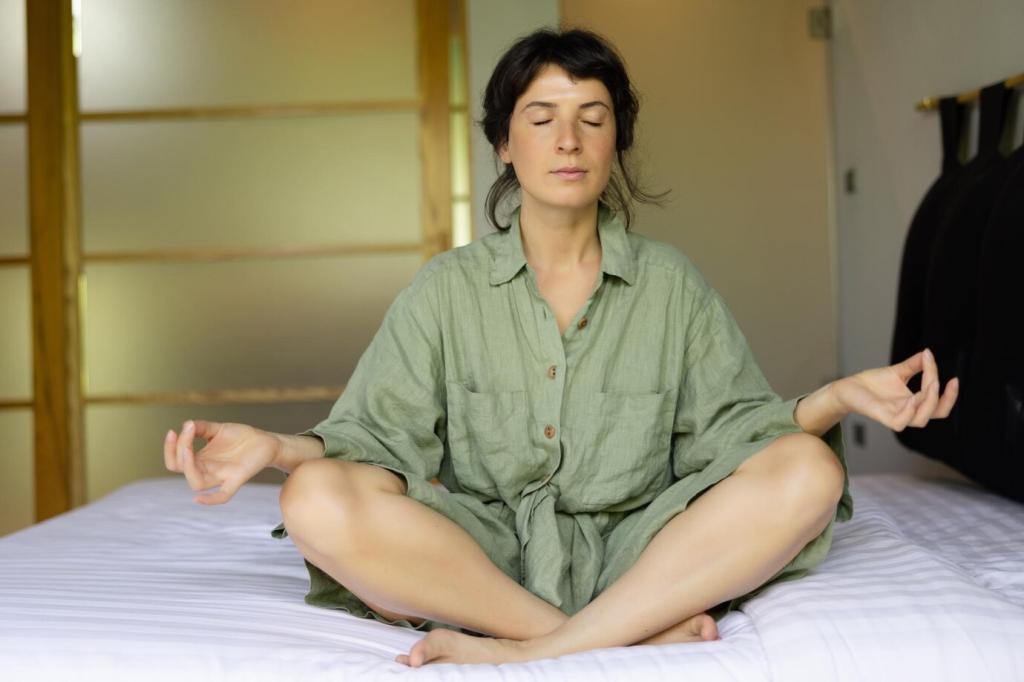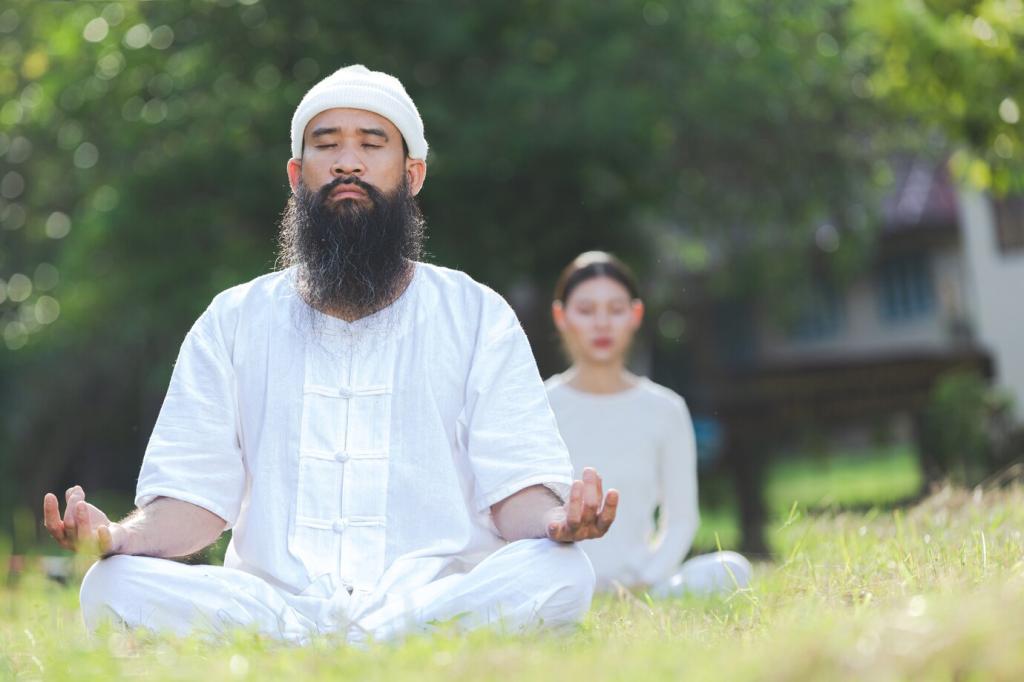Daily Practices That Anchor Your Mood
Take one breath to arrive in your body, another to relax your jaw and shoulders, a third to feel the exhale lengthen. This tiny ritual interrupts spirals, steadies your mood, and can be done anywhere, anytime.
Daily Practices That Anchor Your Mood
Name five things you see, four you feel, three you hear, two you smell, and one you taste. This anchors attention in the present, quieting rumination, and restoring emotional balance during commutes, queues, or difficult conversations.







